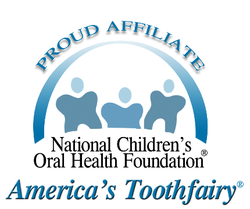We believe in creating a relationship with our patients that goes beyond the office doors. We've specially created this section of our site to share with you important events from our office.
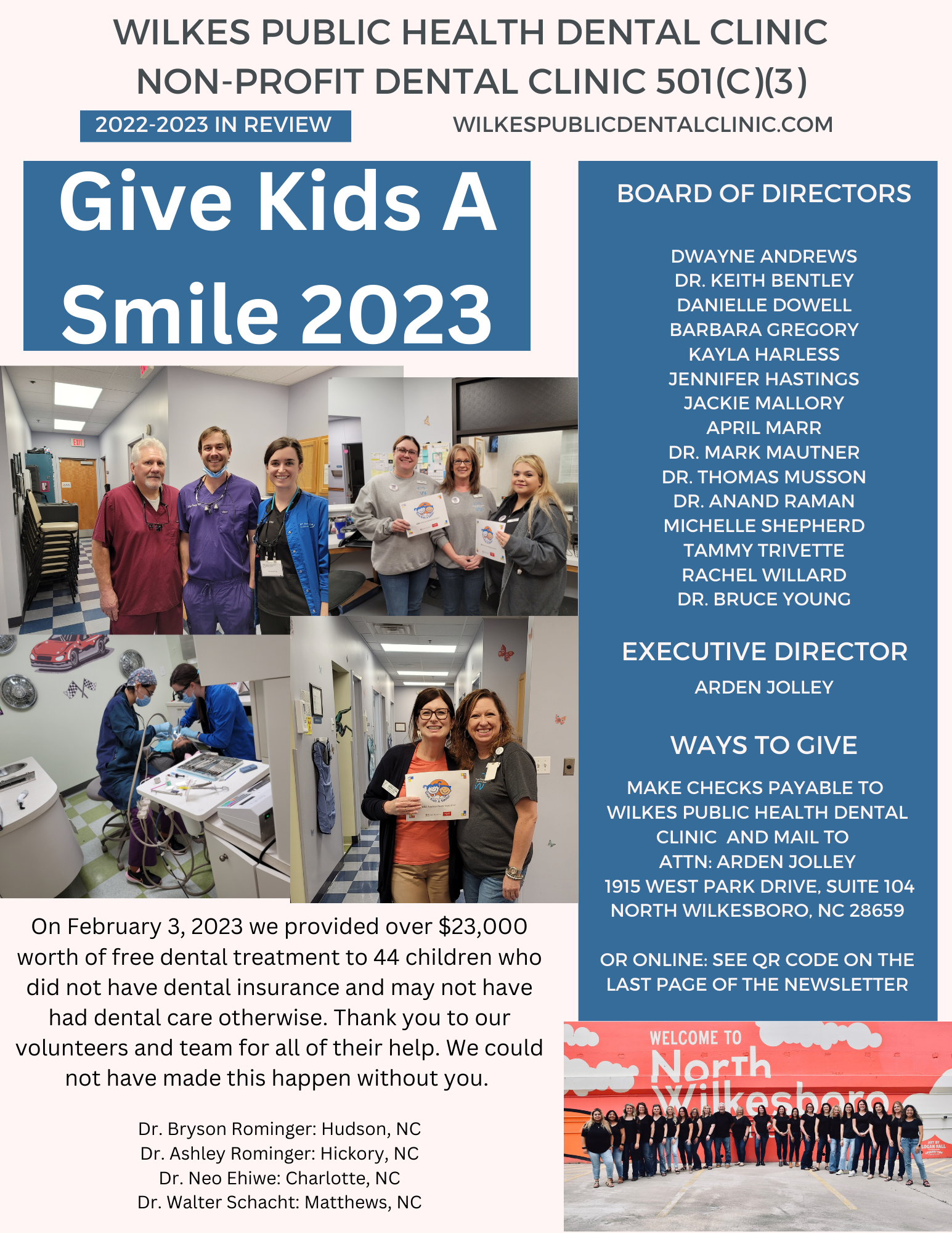
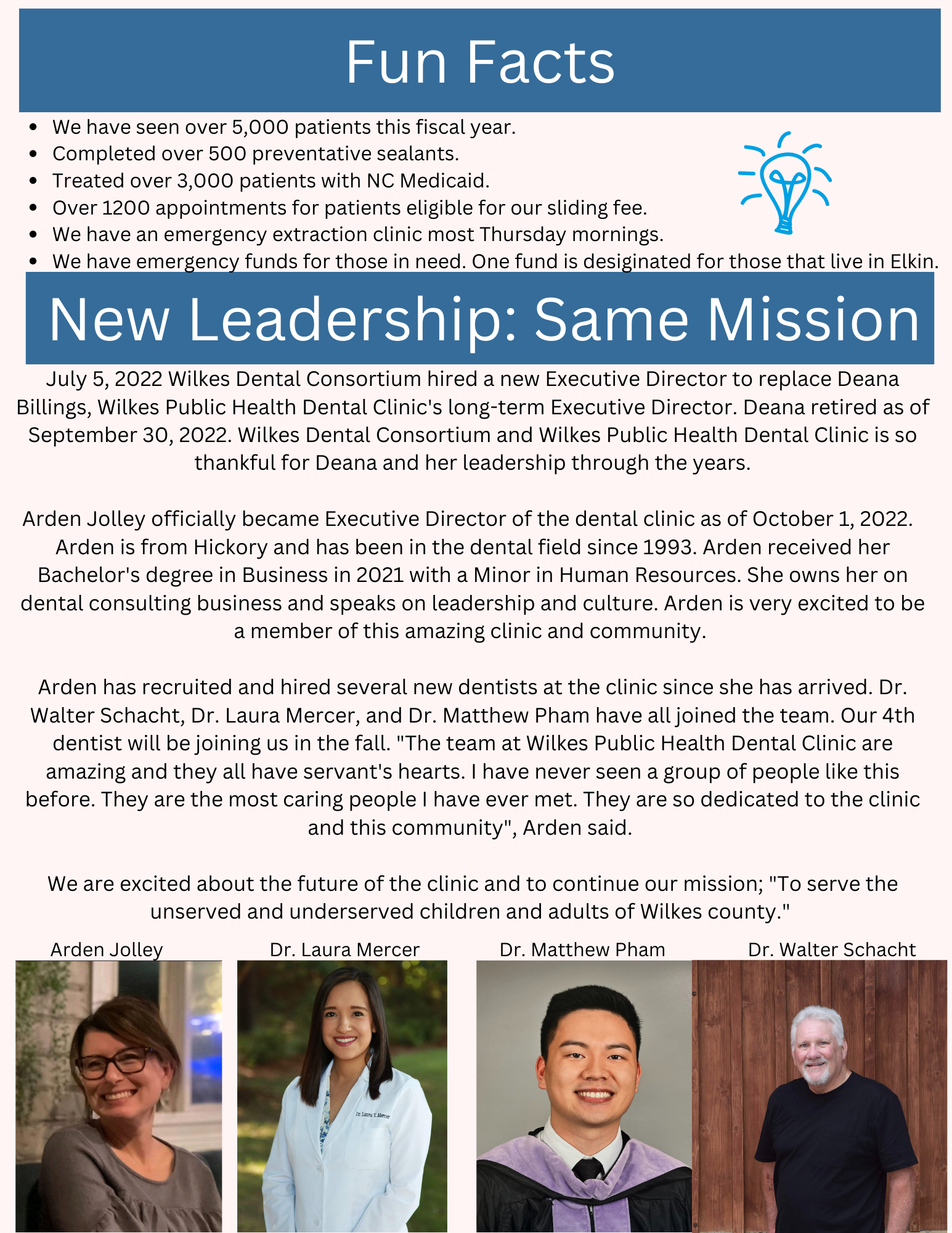
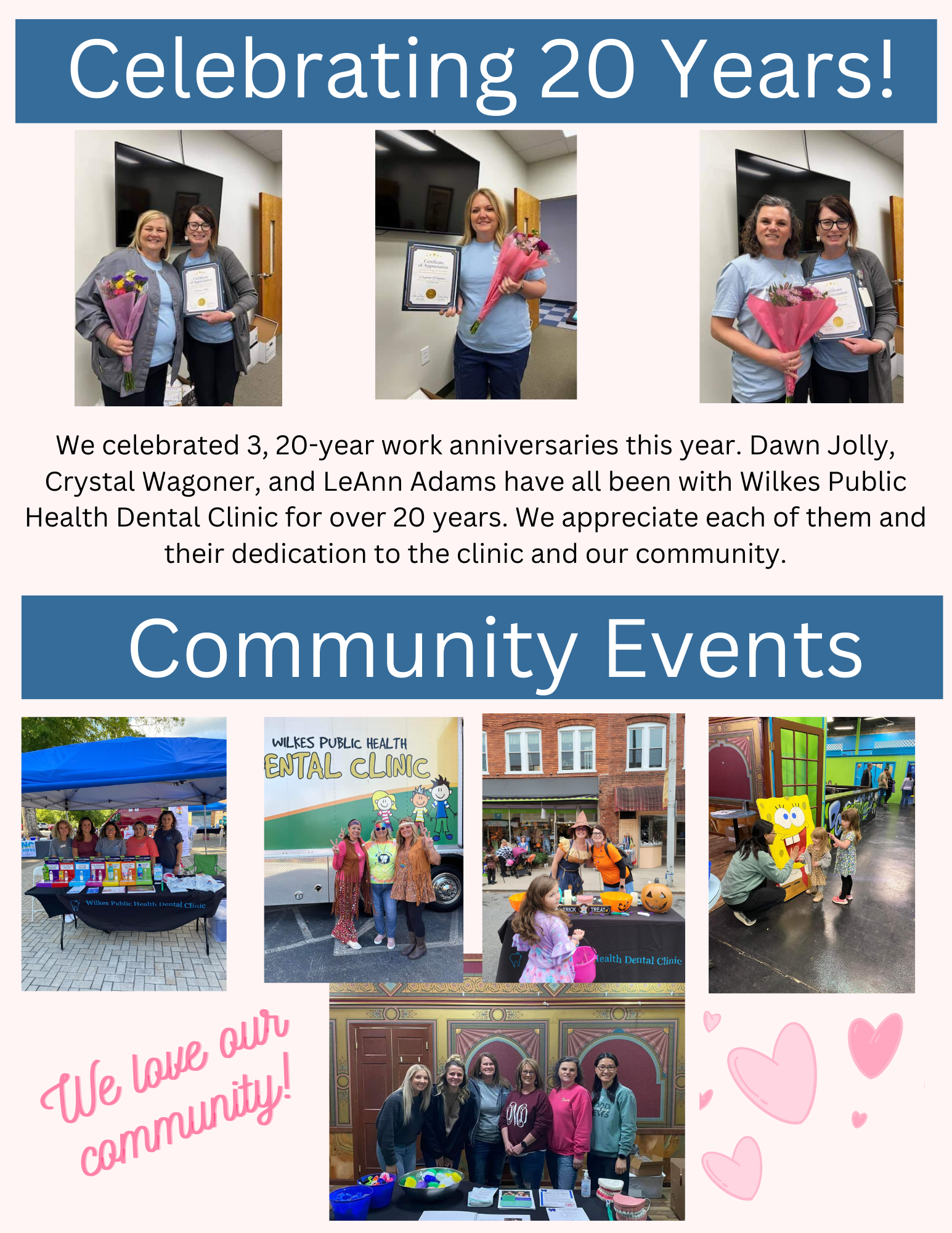
Thanks to Delta Dental Foundation for our $5000 Smiles for Kids Grant!!
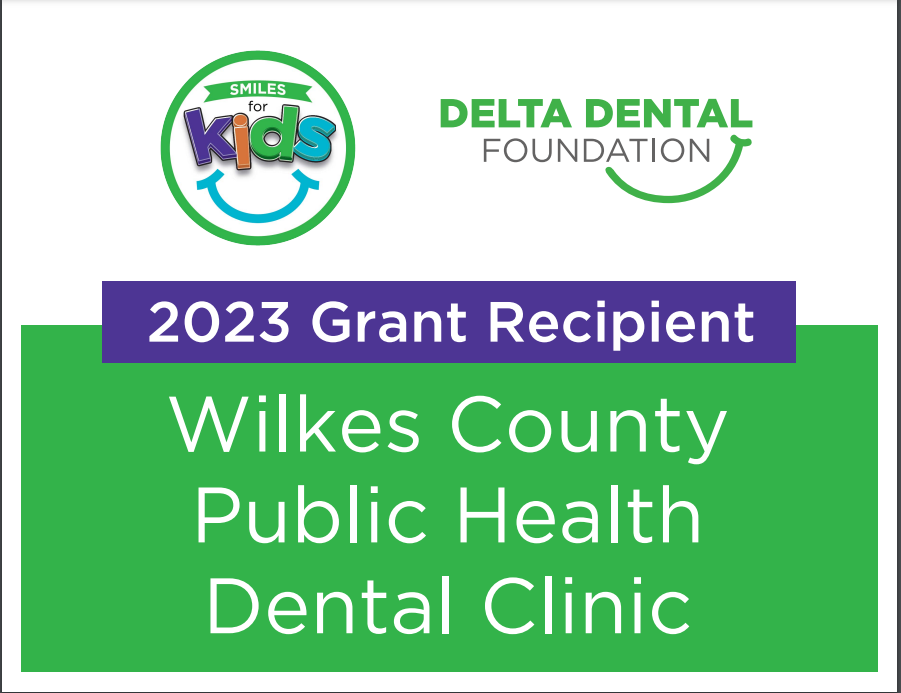
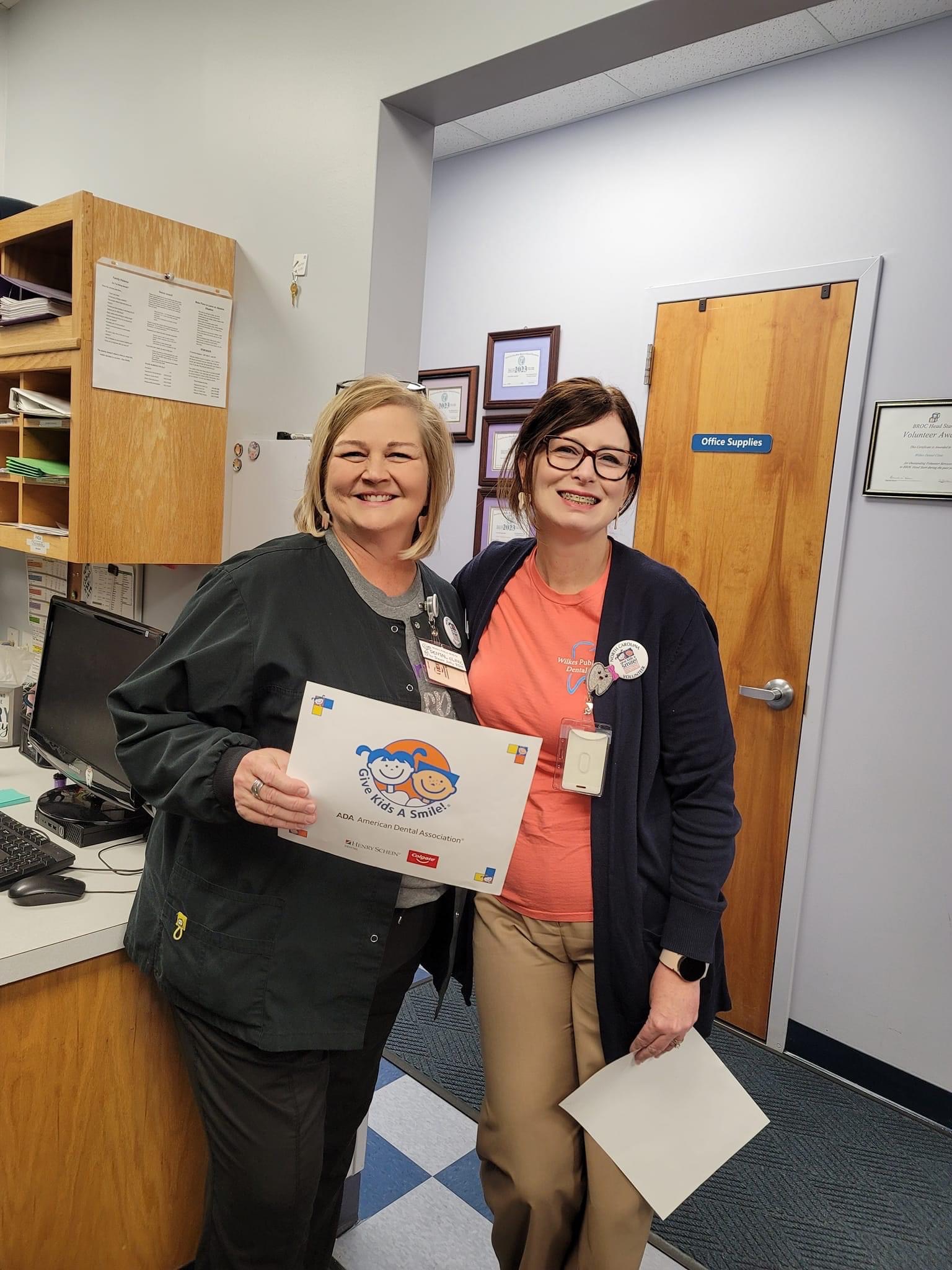
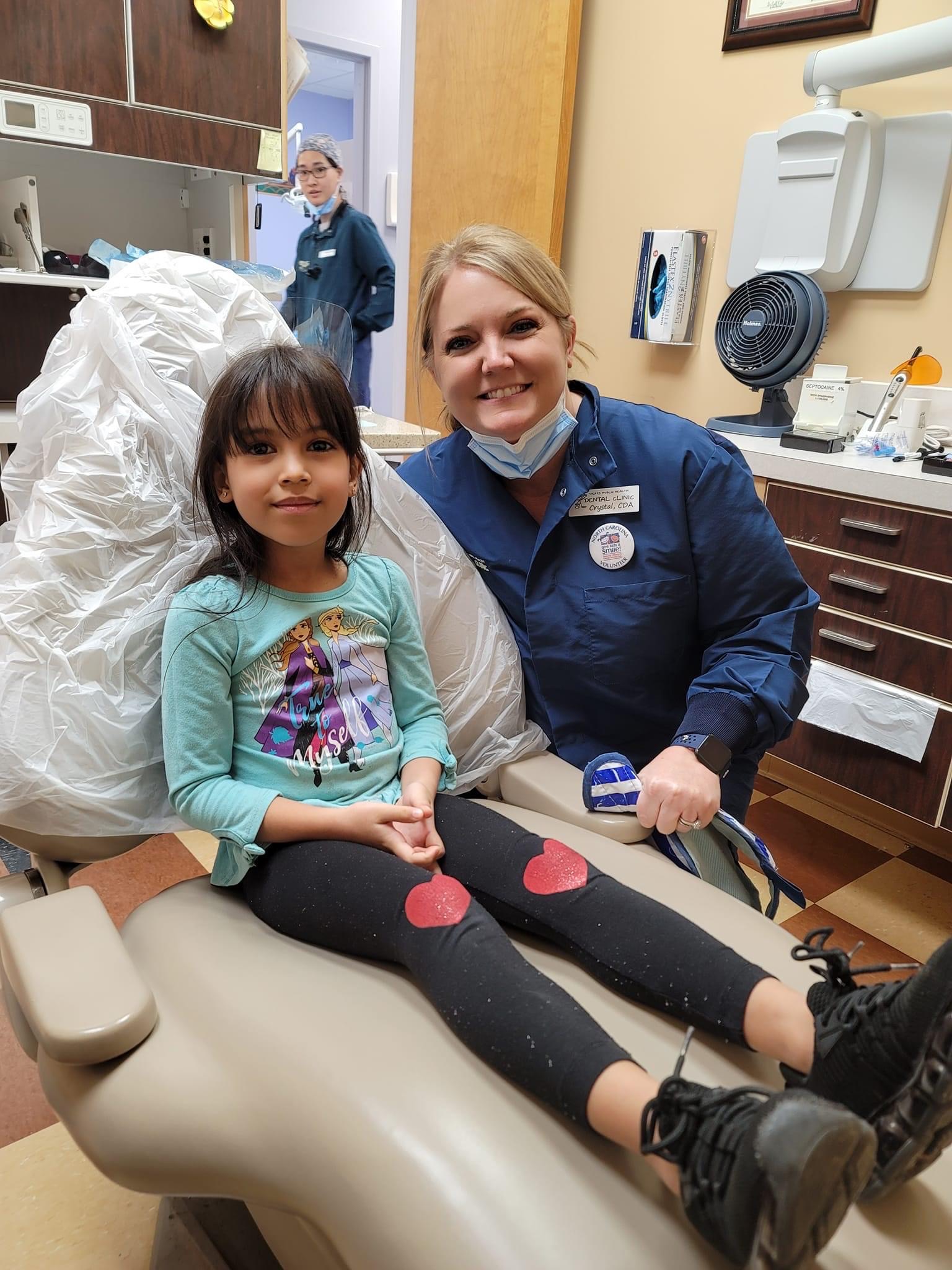
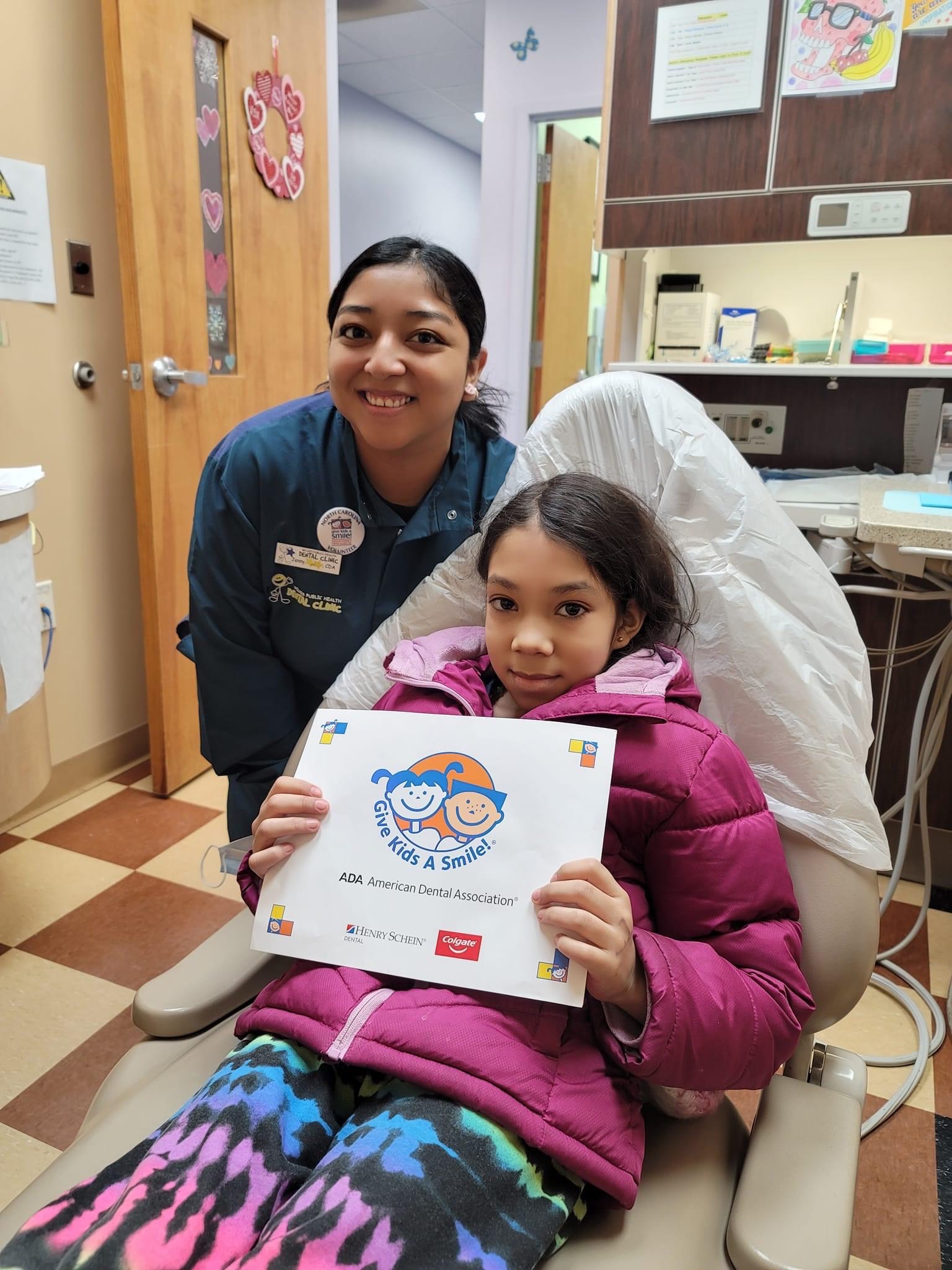
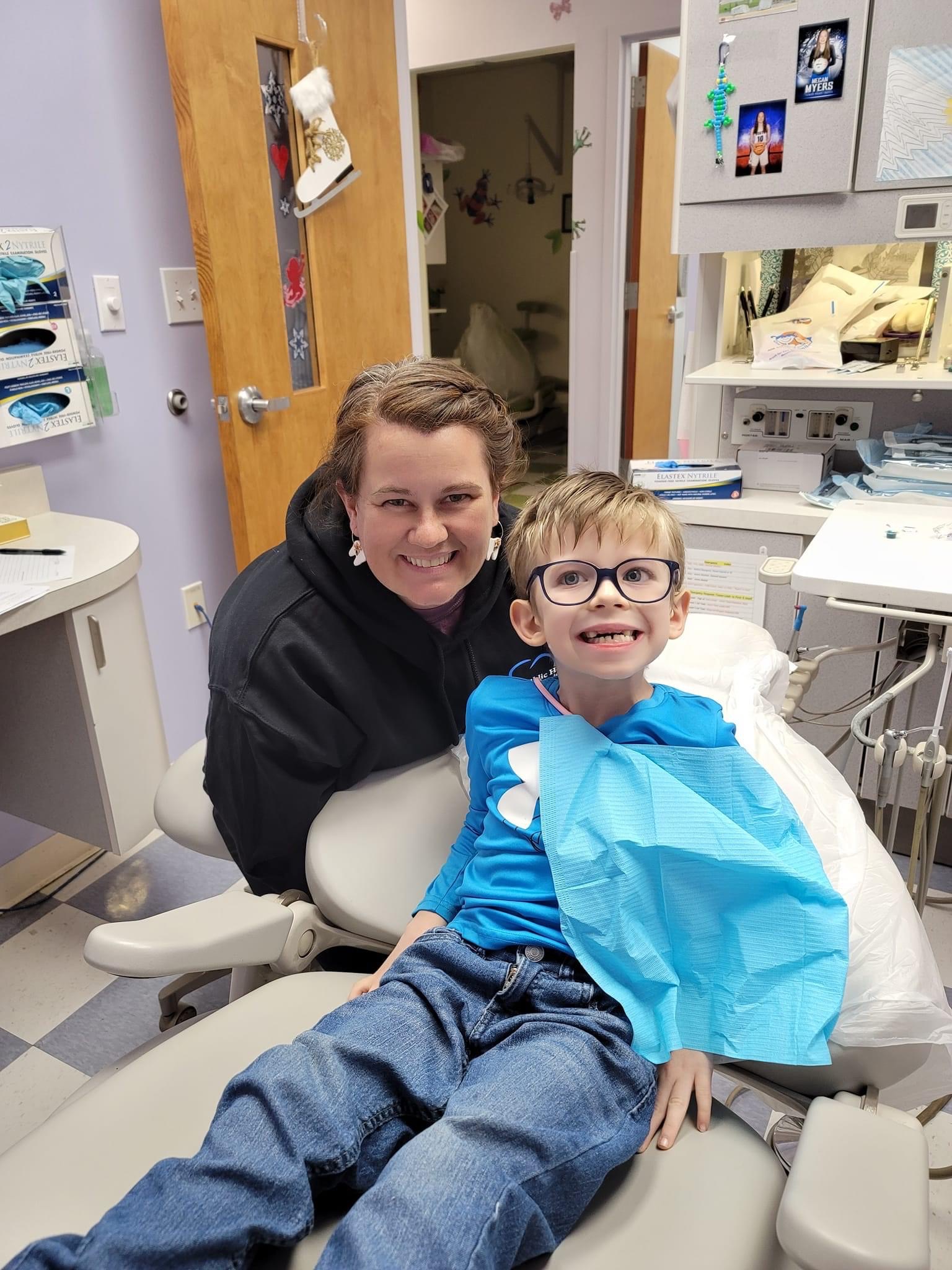

Our office would like to proudly introduce our new Executive Directory, Arden Jolley.
Arden has been in dentistry since 1993. She started her career in dentistry as a dental assistant and from there transitioned to treatment coordinator and then practice manager. She received her Bachelor of Science in Business Management with a concentration in Human Resources in 2021. Arden owns a dental consulting firm and is the president of Foothills Dental Office Administrator and Manager’s Association. She is a member of AADOM, NCPHA, NNOHA, and SHRM. Arden was appointed as the Executive Director of Wilkes Public Health Dental Clinic in July 2022. She enjoys time with her husband, son, and family.
With warmer weather, outdoor activities and sports starting, we want to keep parents informed in the case of mouth injuries. Here is some information from the American Academy of Pediatric Dentistry to help parents be prepared for the most common types of childhood tooth injuries.
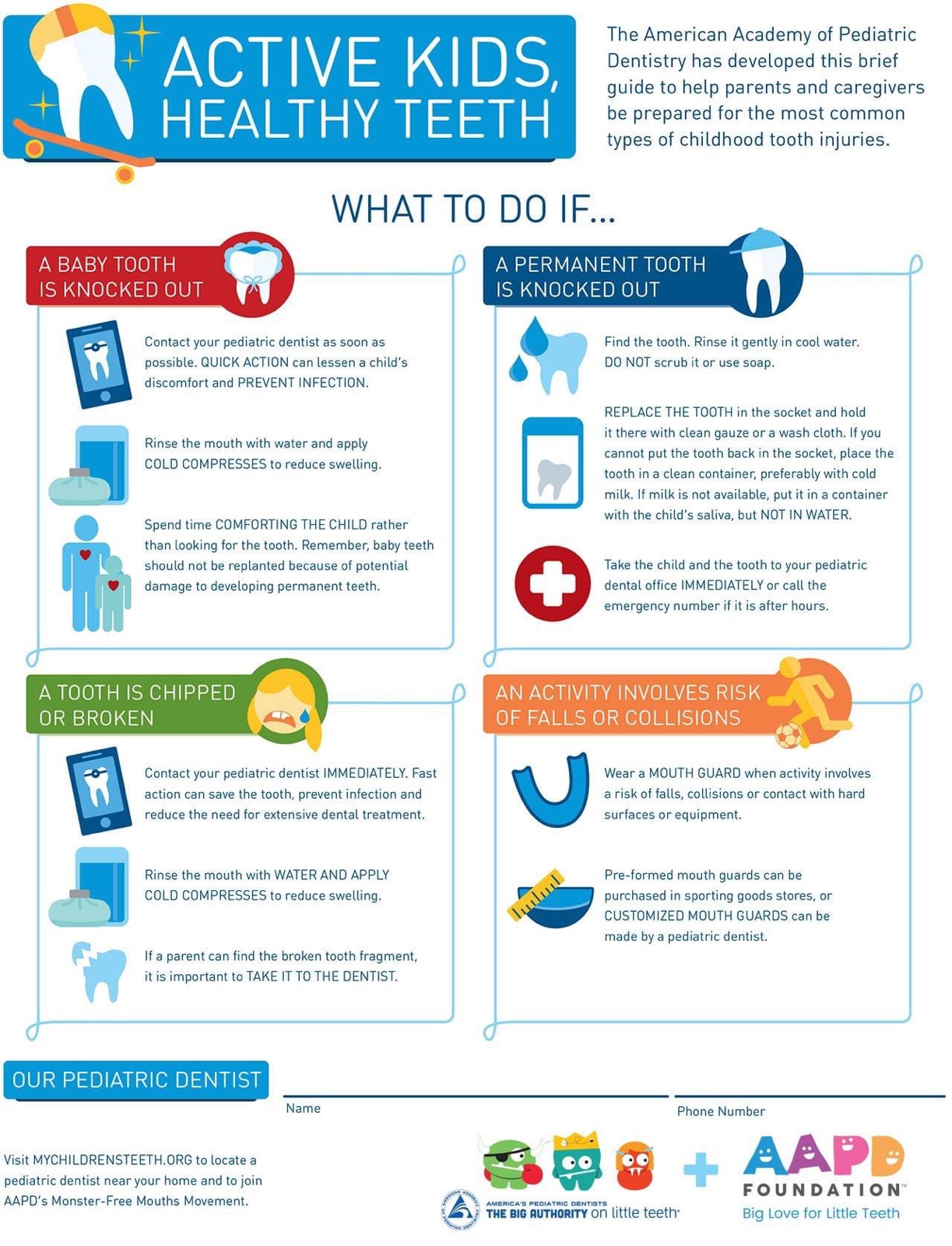
Many people may wonder when they come in for dental work, "what does it matter what my blood pressure is, when you are only working on my mouth?". A lot of people that view themselves as healthy only visit their physician every few years, but may typically see their dentist twice every year. High blood pressure may lack warning signs and the patient may not know until it is at dangerous levels. Most commonly high blood pressure causes no symptoms at all. However, in some cases some people may experience headaches, fatigue, vision problems, difficulty breathing or chest pain. It is recommended that you see a physician regularly to have blood pressure readings checked.
Dental offices may alert the patient to slightly elevated levels or dangerously high levels that the patient may not have known about. Blood pressure readings in the dental office are helpful in choosing the appropriate local anesthesia for dental injections. High blood pressure results in additional risk for a medical emergency which prevents the dentist and staff from providing dental care to the patient until this is controlled. The dentist may recommend that you see a physician upon leaving the office to encourage immediate medical treatment.
BP category Systolic (upper #) Diastolic (lower #)
Normal less than 120 and less than 80
Prehypertension 120-130 or 80-89
High Blood pressure
(Hypertension Stage 1) 131-159 or 90-99
Hypertension Stage 2 160 or higher or 100 or higher
Hypertensive Crisis Higher than 180 or Higher than 110
If you have ever suffered through a dental emergency, you likely are eager to avoid repeating the experience. True, some situations cannot be anticipated, but there are steps that you can take to steer clear of sudden dental pain and infection. Below are a few of our suggestions to help keep patients smiling.
1) Seek Regular Preventive Care: Your dentist will recommend a dental cleaning, periodic evaluation, and x-rays on an interval that is customized to your dental risk. For some people with low risk, this may mean going more than 6 months between cleanings. For others, it could mean we recommend treatment of your teeth and gums every 3-4 months to prevent complications from periodontitis (a disease of the bones and gums surrounding your teeth.) It is important to remember that your dentist can detect problems sooner than you may feel them: dental cavities are not typically painful in their early stages, and by the time a patient can feel a tooth "loosening" due to gum disease there may not be much we can do to prevent the tooth loss.
2) Pay Attention to the Early Warning Signs: Over the years, I have heard numerous patients who arrive to our office in pain report that their symptoms began "last year" or "3 months ago." Many things may keep patients from seeing the dentist (anxiety, financial concerns, busy schedules, hope that the problem will just "go away"), but delaying treatment will only cost you more pain and suffering. Dental pain that is ignored can result in spreading infection, that may be life threatening.
3) Make Healthy Choices Each Day: The best way to avoid dental emergencies is to do your "homework." Brush with fluoride toothpaste for two minutes twice each day, and floss before bed! Avoid sipping on soda (even diet!) or sweet tea, which can contribute to cavities. Wear a mouthguard for sports or other activities when your mouth may be hit. See your medical doctor regularly to take care of your overall health, especially conditions like diabetes or high blood pressure. Believe it or not, cardiovascular disease and diabetes are related to your oral health! Also, if your blood sugar or blood pressure are not in a healthy range, it may result in a delay to emergency dental treatment. Patients with uncontrolled diabetes typically take longer to heal after dental extractions and are at greater risk for pain and infection after treatment. Working with your doctor (and following dietary recommendations) to keep your health in check will help make your dental treatment less complicated.


